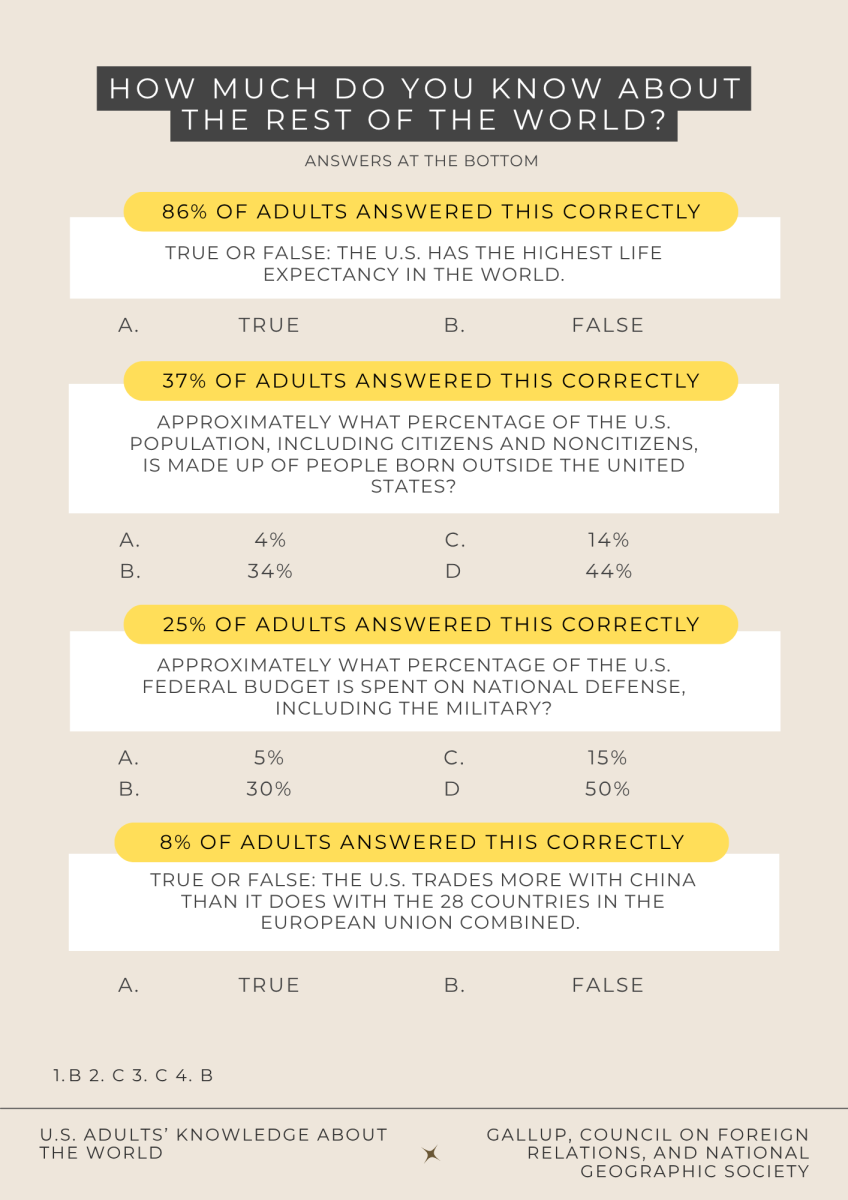As English evolves with society, a fragmented and filler-heavy way of speech has emerged. Phrases such as “like,” “literally” and “uhm” aren’t simply sloppy speech; they represent the shift in language patterns toward more casual, unstructured thinking that can influence communication and cognitive abilities.
According to the Journal of Social Work and Science Education, fillers are sounds, words or phrases that could be deleted in the spoken context without any changes in comprehension. Their use comes from pausing during speech to fill in lapses of silence. While fillers have been prominent to a concerning degree during the 21st century, they’ve existed for centuries, with one of the earliest recorded examples being John Skelton’s use of “Hem” in 1530.
The issue isn’t with the occasional use of fillers, it’s with the excessiveness. Overusing them hinders clarity and, in turn, prevents the effective conveyance of ideas. According to the 2024 EF English Proficiency Index (EPI), the youngest cohort surveyed (18-20-year-olds) declined from the highest level of English proficiency out of all the age groups to the lowest, revealing a worrying trend. Considering the United States’ declining English comprehension, ensuring the linguistic proficiency of the young student population is important for the country’s future.
A large part of the increased usage of fillers comes from the prominent influence that technology, including social media, has on the current generation of students. The rise of short-form content, quick messaging and voice-to-text resources has resulted in the normalization of fragmented, casual and unpolished communication. This doesn’t just encourage grammar shortcuts – it further pushes speech full of filler phrases and incomplete thoughts.
According to a study done by the Journal of Research in Innovative Teaching and Learning, excessive reliance on social media and different tools, including autocorrect and AI-grammar checkers, can lead to a dependence on external correction, eroding the student’s cognitive abilities. When students don’t need to worry critically about grammar errors or structure choices, it hinders independent thinking into a string of thoughts rather than purposeful speech.
Moreover, the impact of filler-heavy speech stretches past education into the workforce. According to a study by the Journal of the Royal Statistical Society on telemarketing success, success rates dropped in proportion to the number of filler words used during a phone call. Additionally, as per the American Psychological Society, the use of filler words when speaking directly reduces the perceived credibility and confidence of the speaker. When the nation’s future leaders struggle to articulate ideas, the ability to think and communicate effectively hangs at risk.
 U.S. employers gave an importance rating of 4.63 on a five-point scale for communication skills, higher than problem-solving skills. Yet, as linguistic proficiency declines, so does the ability to communicate effectively, making it increasingly necessary for education to take a more defined role in addressing the linguistic decline before it significantly gnaws at students’ potential.
U.S. employers gave an importance rating of 4.63 on a five-point scale for communication skills, higher than problem-solving skills. Yet, as linguistic proficiency declines, so does the ability to communicate effectively, making it increasingly necessary for education to take a more defined role in addressing the linguistic decline before it significantly gnaws at students’ potential.
Beyond the U.S., the importance of English is just as key. The EPI states that countries with higher English proficiency result in more dynamic economies and a high level of innovation. In contrast, weaker proficiencies can hinder economic progress.
Educators, policymakers, and family members must all provide concrete solutions. Teachers should introduce targeted exercises practicing deliberate speech, and family members need to equally drill and enforce the practices at home. Research from Harvard University suggests that replacing filler words with silent pauses is beneficial; a habit of great public speakers. For the speakers themselves, if schools and families fail to teach the practice of precise speech, the risk of many entering the workforce without meeting the demand looms.
It’s not enough to acknowledge that the English language is changing. Language shouldn’t simply “change;” it should evolve in a way that strengthens the ability to communicate. Awareness that there’s an issue is the first step toward addressing it. While so many of us are guilty of fillers and choppier speech, we should take direct action. The English language isn’t just a language we use – it’s the foundation of how we think, connect, and succeed in life.









